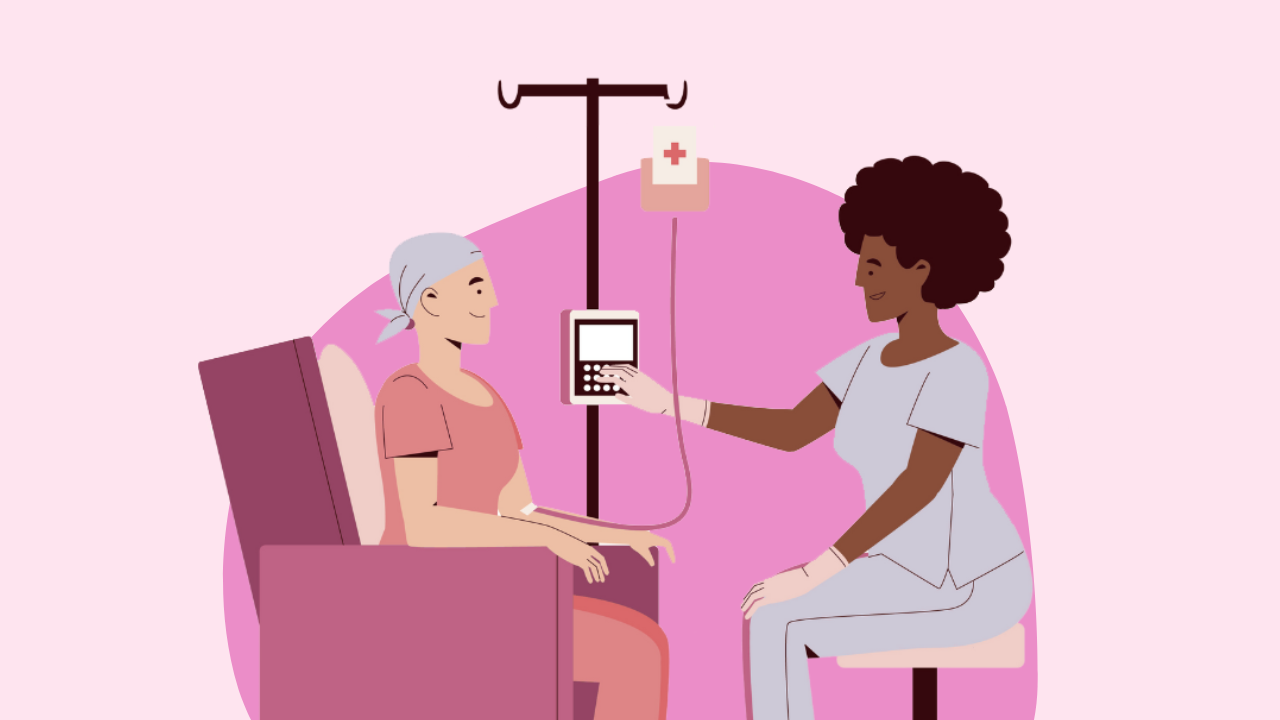New Test Helps More Patients Avoid Chemo Without Compromising Outcomes

Chemotherapy has been a standard part of breast cancer treatment for decades, but for many women, it may no longer be necessary. A new genomic test is helping patients with early-stage breast cancer avoid the physical toll of chemotherapy without increasing their risk of recurrence.
The research, led by Montefiore Einstein Cancer Center, focused on women with hormone receptor-positive, HER2-negative breast cancer—the most common subtype. All participants had low to mid-range scores on a 21-gene recurrence assay, a genomic test that analyzes tumor biology to predict the benefit of chemotherapy. More than 6,000 women took part in the study, including a large number of Black and Latina patients, who are often underrepresented in clinical trials.
What researchers found is promising. Women who skipped chemotherapy and received only hormone therapy had excellent outcomes, regardless of race. According to the study, recurrence rates and overall survival were nearly identical to those who would have typically received chemotherapy under older guidelines.
The findings offer more than just medical insight. They represent a step forward in closing gaps in cancer care, particularly for women of color. Past studies have left out large portions of the population, raising questions about whether genomic tools work equally well across diverse groups. This new data confirms that they do.
For patients, the benefits are significant. Chemotherapy comes with a long list of potential side effects, including fatigue, nausea, fertility issues and long-term damage to the heart. Avoiding it when it's not medically necessary can preserve quality of life and lower the risk of complications down the road.
Still, not every patient has access to this kind of testing. Insurance coverage varies, and in some cases, doctors may not discuss genomic testing as part of the treatment planning process. Making these tools more widely available could help reduce overtreatment and lead to more personalized, effective care.







